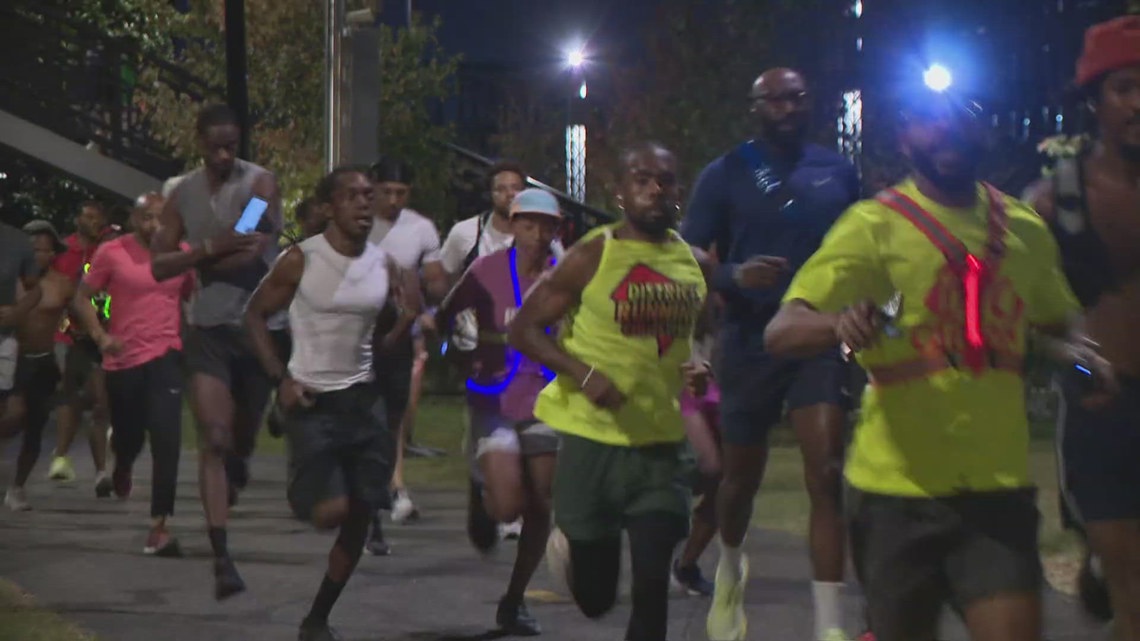Prosecutors are more frequently using health data from wearable technology to aid in convictions.
ELLICOTT CITY, Md. — It's not groundbreaking news that smartphones and wearable devices collect data on our health constantly. But how that once private information is being used by prosecutors in criminal cases may be a surprise.
A team of Howard County prosecutors recently used former Laurel Police Chief David Crawford’s smartphone to convict him for multiple arsons.
"As we dove into the electronics, we were happy with what we found -- it supported our theory of the case," said Howard County Assistant State's Attorney Scott Hammond.
One way prosecutors say they cracked the case is by showing Crawford's smartphone was actively recording steps while stored in his pocket around 3:00 a.m. That was during the times of at least one arson, yet Crawford claimed an alibi of being asleep.


Handing over a smartphone or wearable technology to investigators, especially while volunteering a passcode, opens up a world of evidence for prosecutors.
"That's something that could disprove an alibi, said Howard County Assistant State's Attorney Tricia Cecil. "[It] could also support an alibi."
South Carolina prosecutors used phone-recorded step data to help convict Alex Murdaugh for murdering his wife and son.
The concern about police obtaining smartphone records led the DC Chapter of the American Civil Liberties Union to sue DC Police. The department kept phones belonging to Black Lives Matter protestors months after prosecutors declined to press charges.
"We know that MPD has the capacity to download data from phones," said ACLU DC Attorney Scott Michelman. "The question is, are they going to do it lawfully by getting a warrant, or are they going to do it just because they have it?"
Device manufacturers including Apple tell law enforcement that if criminal suspects refuse to hand over passcodes, some of a person’s data is encrypted and the company does not possess the encryption key.
"If you don't have the password, there are tools and technologies available to us to assist us in, in breaking into or getting into the phone and getting into data," said Howard County State's Attorney Rich Gibson.


And that encryption may not apply to private health data stored on third party apps, open to search warrants.
"People should remember that when they make the choice to allow private companies or their own devices to monitor their personal data, their biometric information, their location, all those things, that creates a record," Michelman said.


For this team of prosecutors, digital breadcrumbs helped bring a former law enforcement official to justice.
"In this instance, with Crawford, his background as a prior police chief allowed him to evade the eye of scrutiny of society for a very long time," Gibson said. "It's good that we all are held accountable for our actions, even former police chiefs and technology did play some role in helping us achieve that."
.png)









 English (US) ·
English (US) ·